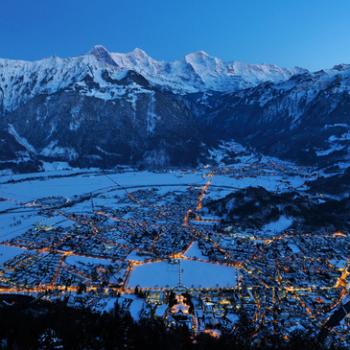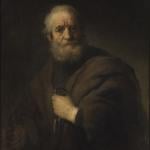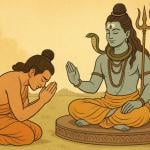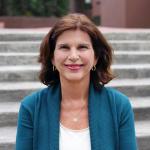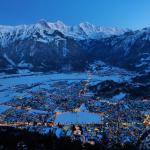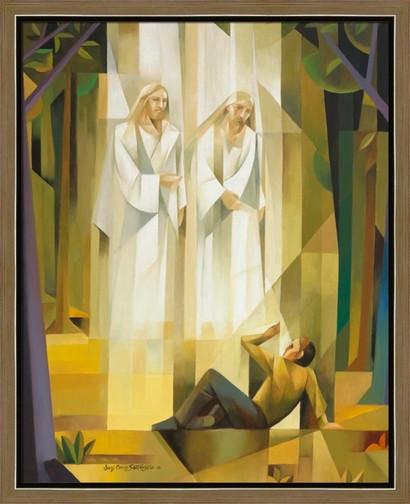
I have, incidentally, made an effort to discover the copyright status of this image, but have been unable to be certain of it. I’m assuming that my employment of it here constitutes an example of “fair use.” Authoritative communications to the contrary would be welcomed. I would like Jorge Cocco’s work to be better known in the Latter-day Saint community.
New, on the website of the Interpreter Foundation:
“Da and Angélique Tarr: The Power of Faith: Stories of the Saints in the DR Congo, Part 1”
***
28 August 2018: “President Nelson to Visit the Caribbean Area: Elder Dale G. Renlund of the Quorum of the Twelve and his wife Ruth, will accompany him”
2 September 2018: “President Nelson Encourages Hurricane Survivors in Caribbean: Elder and Sister Renlund join visit to Dominican Republic, Puerto Rico”
I’m in awe of (among many other things) the sheer adventurousness of this remarkable man, who will mark his 94th birthday this coming Sunday, 9 September 2018. He delivered his remarks in Spanish. (He didn’t serve a Spanish-speaking mission; he just wanted the Saints to hear and understand him in their native language.)
***
***
I close with a passage from a famous essay on “Home Literature” that was first delivered as a speech by Bishop Orson F. Whitney as a speech at the Y.M.M.I.A. Conference of 3 June 1888 and that was subsequently published in The Contributor for July 1888. Bishop Whitney was called to the Quorum of the Twelve Apostles in 1906, and served in that capacity until his death in 1931:
Above all things, we must be original. The Holy Ghost is the genius of “Mormon” literature. Not Jupiter, nor Mars, Minerva, nor Mercury. No fabled gods and goddesses; no Mount Olympus; no “sisters nine,” no “blue-eyed maid of heaven”; no invoking of mythical muses that “did never yet one mortal song inspire.” No pouring of new wine into old bottles. No patterning after the dead forms of antiquity. Our literature must live and breathe for itself. Our mission is diverse from all others; our literature must also be. The odes of Anacreon, the satires of Horace and Juvenal, the epics of Homer, Virgil, Dante and Milton; the sublime tragedies of Shakspeare [sic]; these are all excellent, all well enough in their way; but we must not attempt to copy them. They cannot be reproduced. We may read, we may gather sweets from all these flowers, but we must build our own hive and honeycomb after God’s supreme design.
We will yet have Miltons and Shakespeares of our own. God’s ammunition is not exhausted. His brightest spirits are held in reserve for the latter times. In God’s name and by his help we will build up a literature whose top shall touch heaven, though its foundations may now be low in earth. Let the smile of derision wreathe the face of scorn; let the frown of hatred darken the brow of bigotry. Small things are the seeds of great things, and, like the acorn that brings forth the oak, or the snowflake that forms the avalanche, God’s kingdom will grow, and on wings of light and power soar to the summit of its destiny.




